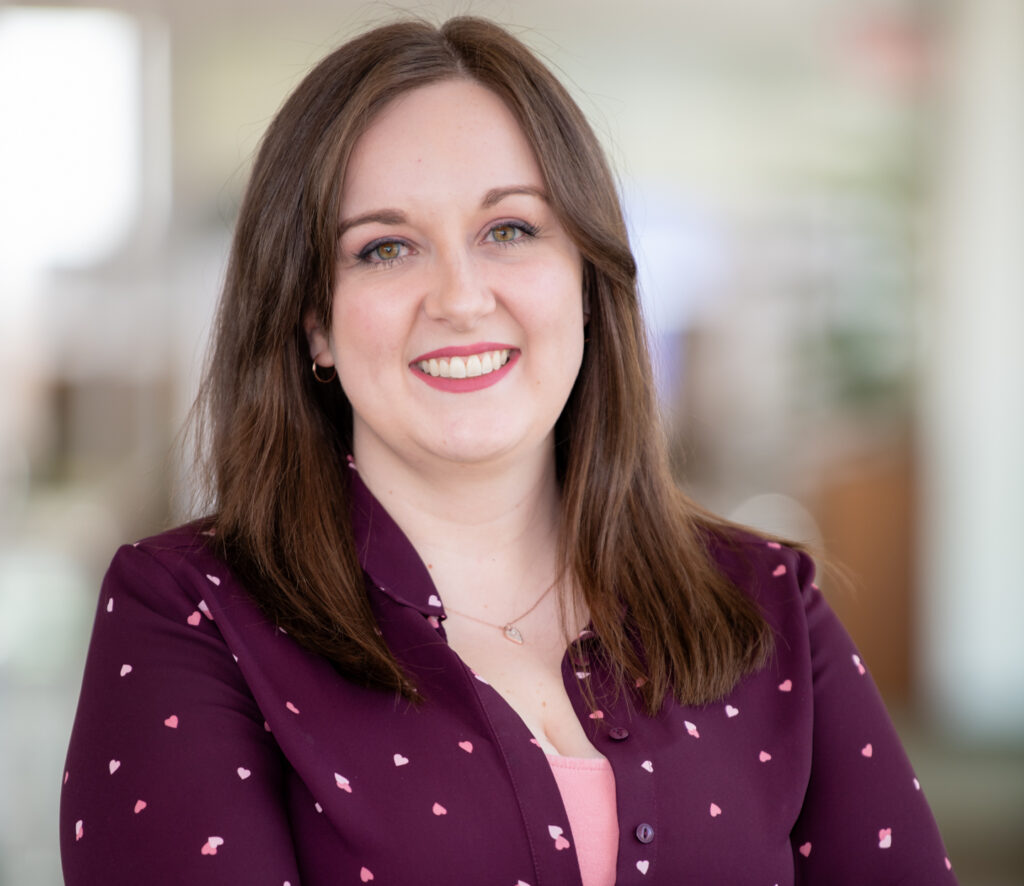
Tell us about your experience with ADHD
When were you diagnosed, or suspect that you had ADHD? How has it impacted your life?
I realized I probably had ADHD when I was 30. Suddenly, the funny videos, memes, and online content I’d been scrolling through started hitting a little too close to home… wait a minute, could this be me too? After digging deeper, I spoke with my family doctor, who agreed and started me on stimulant medication. After years of feeling like I was constantly running uphill without knowing why, it was like a switch flipped.
Growing up, I was seen as bright and capable, but underneath I was exhausted from masking, overcompensating, and silently struggling to keep up. Getting the diagnosis was both validating and overwhelming - it finally gave me language for experiences I had always chalked up to being “too much” or “not enough.”
ADHD has shaped nearly every part of my life: from my nursing career, where high-pressure environments sometimes collided with executive function challenges, to my relationships, where communication can feel like a maze. But it has also been the thread that connects my creativity, resilience, and empathy - even in chaos.
What has been the biggest challenge living with ADHD?
This could be in school, work, relationships, your mental health, etc.
Looking back, ADHD challenges were a constant in my life - I just didn’t recognize them for what they were. The hardest part has been the disconnect between what I know I’m capable of and what I can actually deliver consistently. In school and at work, that often meant being praised for my insights and dedication, while behind the scenes I was drowning in procrastination, distraction, and burnout. In relationships, it shows up as struggling to express emotions in the moment or shutting down when I feel overwhelmed. Over time, this led to a deep sense of shame. The shame of “not enough” - not organized enough, not disciplined enough, not easy enough to love - has followed me like a shadow. In many ways, that shame has been an even harder battle than ADHD itself.
What strengths or unique qualities do you associate with your ADHD?
Is there something about how your brain works that you appreciate or celebrate?
I see the world through a lens that is curious, layered, and deeply empathetic. ADHD allows me to notice patterns others might miss, connect ideas across disciplines, and think outside the box when problem-solving. In nursing and research, this has meant seeing the person behind the diagnosis or the story behind the data. I also value the passion and creativity that come when my brain is fully engaged. When I’m able to hyperfocus, I can build meaningful projects, write with depth, or create safe spaces where others feel truly understood.
How has your identity (age, race, gender, culture, etc.) shaped your experience with ADHD?
Feel free to reflect on how ADHD intersects with other aspects of who you are.
As a woman diagnosed later in life, learning about ADHD often left me feeling invisible. So much of the research and diagnostic criteria were shaped around young boys, which meant my struggles were overlooked or mislabeled for years. Being a nurse (especially a mental health nurse) also complicated things. I was expected to be the caregiver, the one holding everything together, even when I was unraveling inside. My ADHD intersects with every part of my life: my gender, my professional identity, and my role as a caregiver in my family. Each of those layers brings its own mix of strength and stigma. The truth is, ADHD doesn’t look the same on everyone, and I hope that sharing my story highlights just how diverse those experiences can be.
What do you wish more people understood about ADHD?
What myths or misconceptions would you love to bust?
That it’s not just about being “distracted” or “forgetful.” ADHD is an entire way of experiencing the world. It affects emotions, relationships, self-esteem, and health. It’s not a lack of willpower, and it doesn’t go away if you just “try harder.” I wish more people understood how much effort it takes to do the things others consider simple, and how much brilliance, creativity, and resilience can coexist with those struggles. The biggest myth I’d love to bust is that ADHD is a flaw - it’s not. It’s a difference, and differences can be strengths with understanding.
What has helped you the most in managing or embracing your ADHD?
This could include tools, therapy, community, mindset shifts, medication, etc.
The biggest shift for me has been self-compassion. Medication has helped, yes, but even more powerful has been finding community with other neurodivergent people and reframing my struggles as part of my brain’s wiring - not moral failings. Therapy, journaling, and building routines that work for me (not just ones that look good on paper) have been essential. I’ve learned that managing ADHD isn’t about fixing myself, but about creating an environment where I can thrive.
Why do you want to share your story during ADHD Awareness Month?
What motivates you to speak up now?
Because I know how isolating it feels to think you’re broken when really, you just have a different brain. If my story reaches even one person who feels unseen or misunderstood, it’s worth it. I want to help dismantle the shame and stereotypes around ADHD - especially for women, professionals, and caregivers who are too often told they’re just not trying hard enough. Speaking up now is part of reclaiming my own story and creating the awareness I wish had existed when I was younger.
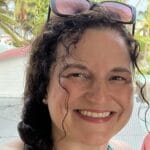
This ADHD Awareness Month, CADDAC is highlighting... Read More
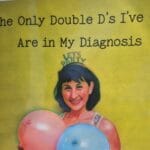
This ADHD Awareness Month, CADDAC is highlighting... Read More
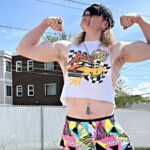
This ADHD Awareness Month, CADDAC is highlighting... Read More
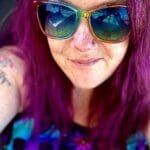
This ADHD Awareness Month, CADDAC is highlighting... Read More

This ADHD Awareness Month, CADDAC is highlighting... Read More